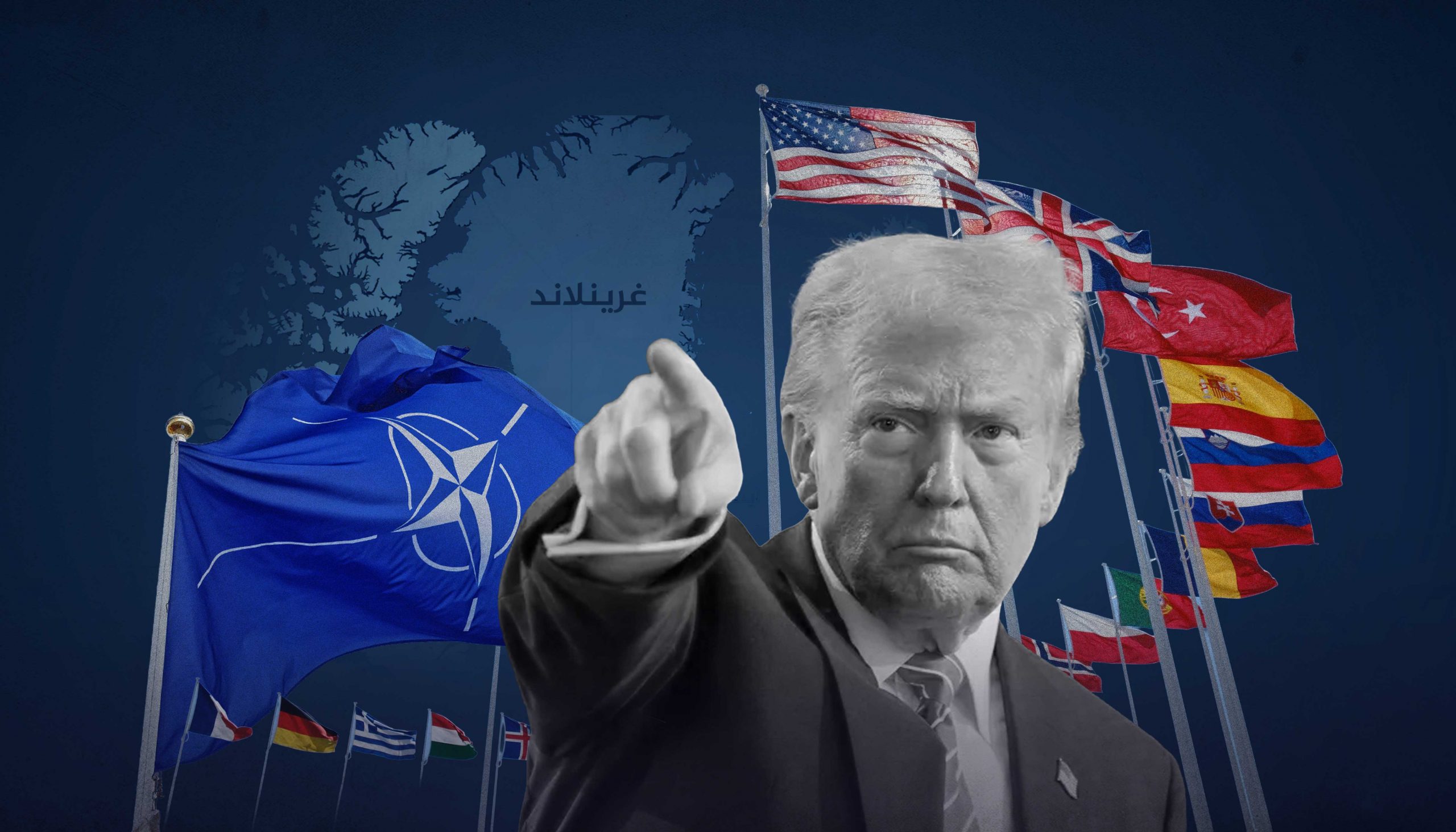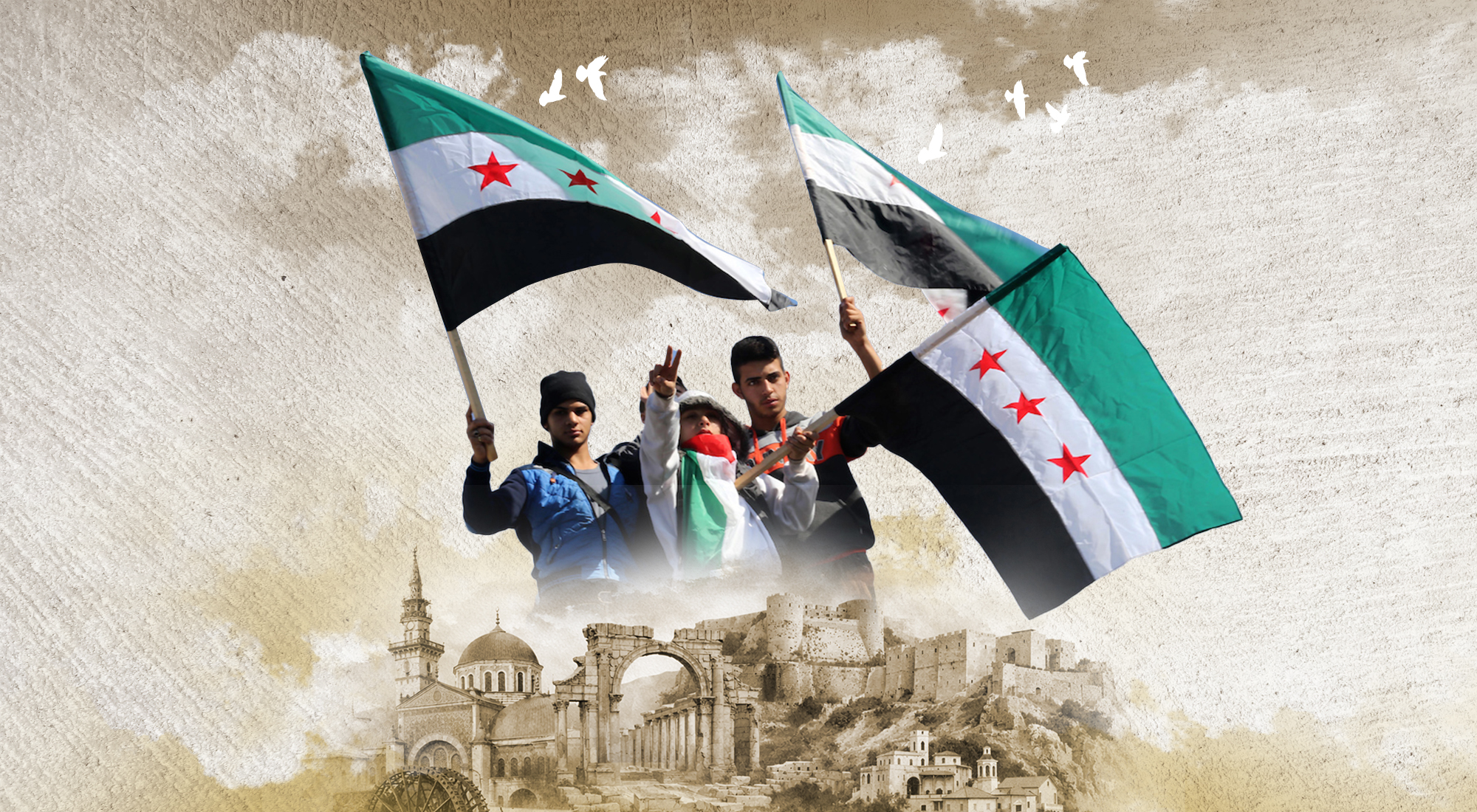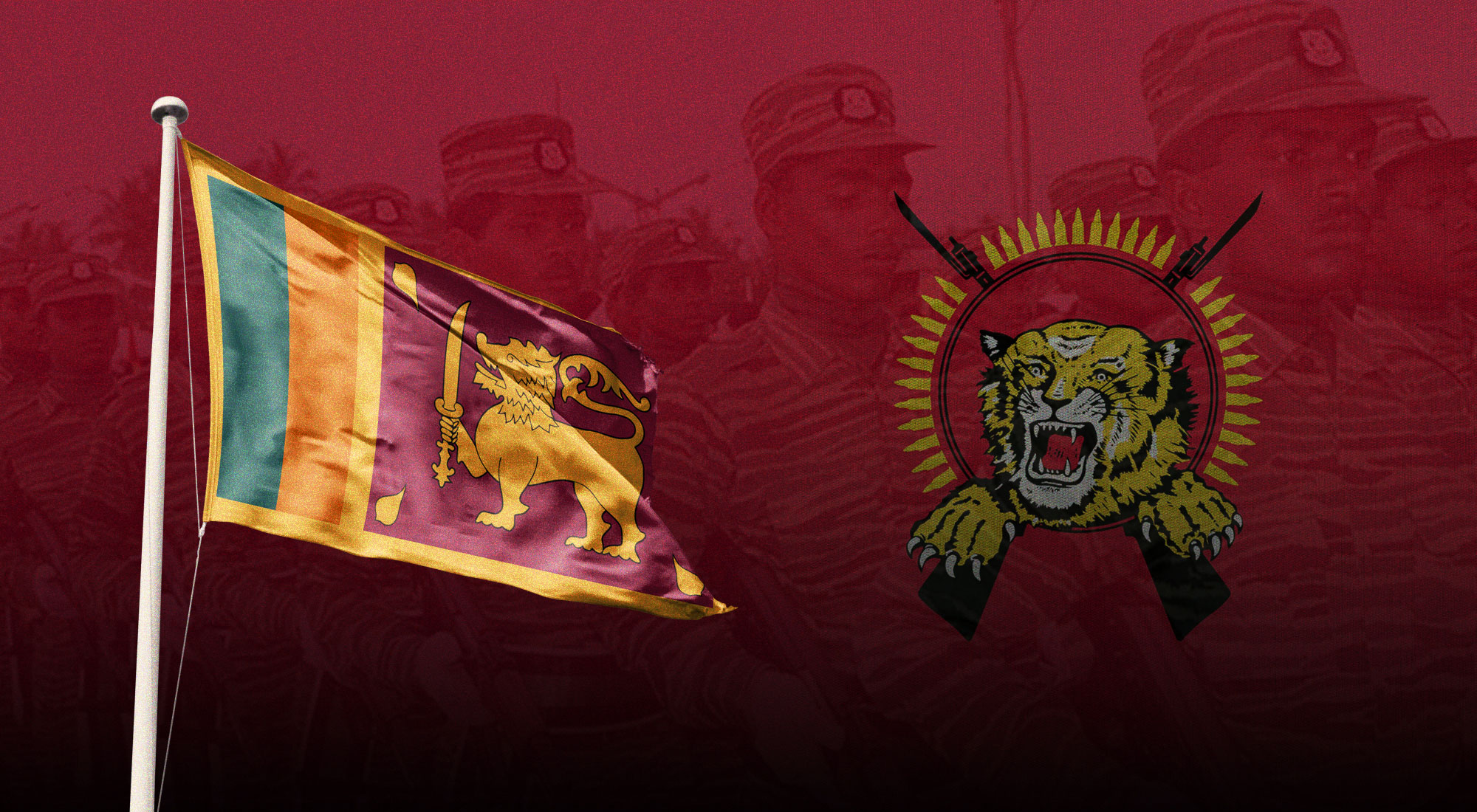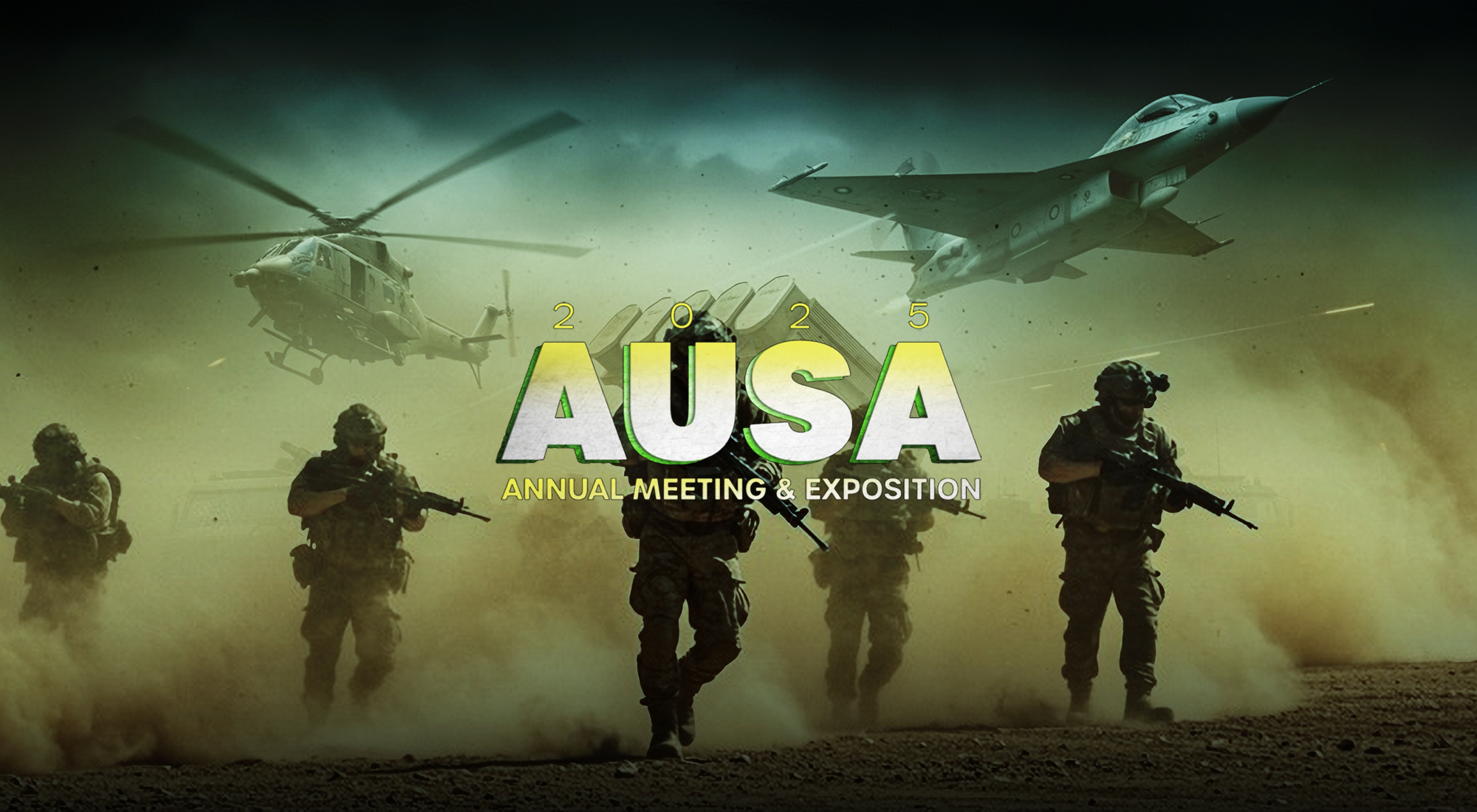TRENDS Research & Advisory recently organized a landmark Summit on The Gender Dimensions of International Peace and Security: Keys to Prosperity and Peace in support of the Women, Peace and Security Agenda, as set out in United Nations Security Council Resolution 1325 (2000). Resolution 1325 sets out the essential and important role of women in the prevention and resolution of conflicts, in post conflict resolution, peace negotiations, peacekeeping and humanitarian responses. The Resolution calls on all Member States of the UN to ensure appropriate recognition of the gender dimension through equally participation of women and men in all policies and practices related to the maintenance, and promotion of peace and security.
The Summit was held under the patronage of Sheikha Fatima bint Mubarak, organized in cooperation with the General Women’s Union, Women in International Security (WIIS), and the UN Women’s Office. The Summit was opened by His Excellency Sheikh Nahyan Mubarak Al Nahyan Cabinet Member, Minister of State for Tolerance on behalf of Her Highness Sheikha Fatima Bint Mubarak, Chairwoman of the General Women’s Union, Supreme Chairwoman of the Family Development Foundation and President of the Supreme Council for Motherhood and Childhood. In his speech, he stressed the UAE’s recognition of the vital role women play promoting and sustaining peace. He also highlighted the need to continue to work on prevention and protection agendas related to women and girls and reiterated that when gender equality and human security are present, so is peace.
Keynote Speeches were delivered by Her Excellency Reem Ebrahim Al Hashimy, Cabinet Member and Minister of State for International Cooperation and Her Excellency Ambassador Lana Zaki Nusseibeh, Permanent Representative of the UAE to the United Nations in New York. Both speakers reiterated the UAE’s commitment to advancing the empowerment of women at home and abroad. HE Reem Alhashimy emphasized the essential link between empowerment of women and peace and security and the UAE’s leadership in this regard. Ambassador Nusseibeh gave emphasis to how the UAE is taking its domestic position on women empowerment and making it a central pillar of its foreign policy. The Ambassador made clear that UAE is working to empower women and girls as part of its national strategy and its foreign policy objectives. The UAE recognizes that women and girls make a necessary contribution to the progress and development of the UAE, and the world. Both speakers highlighted the UAE’s approach to gender empowerment is not only to bring about a better peace, but also for long-term security through sustainable development. All of the opening speeches spoke of the important role the leadership has had, in particular Sheikha Fatima, for furthering UAE approach to gender and that the result has been good practices that have put the UAE at the forefront of global developments in this area.
These keynote speeches were followed by Dr. Mouza Hasan Al Shehhi, Director of UN Women Liaison Office in Abu Dhabi who spoke of the importance of ensuring a meaningful role for women in advancing peace and security. The establishment of the UN Women’s liaison office in Abu Dhabi is strong recognition of the UAE’s leadership in this area. The liaison office will be working to support and further the WPS agenda in the Gulf region and globally.
The first discussion panel of the day included Her Excellency Mona Al Marri, Vice President of the Gender Balance Council of the UAE and the President of WIIS, Dr. Chantal de Jonge Oudraat. This panel addressed the broad issues of participation and empowerment as foundational matters in ensuring the gender dimension of peace and security is recognized and acted upon. The two panelists explained the need for strengthening institutional capacity in government and society so that both genders are supported and part of ongoing developments. The panelists emphasized the importance of seeing this matter as a continual process of development and sharing, with the need to ensure commitments are taken seriously and acted upon at all levels. HE Mona Al Marri emphasized an important point that was picked up throughout the Summit – the UAE has a range of good stories to tell and these should be shared within UAE society and globally.
Following these speeches were three specialized panel discussions with experts from around the globe. The first panel focused on how the WPS agenda promotes prosperity and why gender equality advances security and peace. The panelists highlighted the role of policy frameworks and institutional mechanisms to advance the agenda. The second panel examined gender perspectives in military and peace operations highlighting the importance of gender perspectives in these settings. The panelists stressed the key role of training and leadership in implementing gender perspectives. The third panel discussed the UAE’s position on women as a means of promoting prosperity and peace. It highlighted UAE examples of leadership in this area and reviewed where good practice had been established. All the experts spoke of the importance of both strong leadership and civil society, grass-roots engagement in furthering understanding of the gender dimensions to peace and security. Awareness of the gender dimension across planning and operations was stressed as necessary. The panels emphasised the need for active participation for women, with examples of the UAE held up where both genders participate in peace and security operations.
To conclude the Summit, two of the key organisers Dr. Ahmed Al Hamli, President of TRENDS and Dr. Chantal de Jonge Ourdraat, President of WIIS, took to the stage with Dr. Kathleen Kuesnast from the United States Institute of Peace. Their discussion examined the future opportunities and challenges for furthering the WPS agenda, and how best to build upon existing good practice. The panel picked up on the days discussions talking about the need to keep the momentum going for gender empowerment. This momentum requires ongoing, and active, partnerships between governments and civil society and across governments and society for the purposes of sharing good practice and improving knowledge and understanding of the gender dimension.
The goals of the Summit were to affirm that the WPS agenda, in the context of the security sector, means ensuring both women and men equally contribute to the provision, management and oversight of the security needs of women, men, girls and boys. It also sought to raise awareness of the link between gender and peace and security in both policy and in practice and help provide a better understanding of the gender dimensions of peace and security to a broad audience. Moreover, it was a joint effort to showcase the UAE’s good practice to the WPS agenda and serve as a platform to launch a series of future activities aimed at advancing the women, peace and security agenda.
By engaging with issues central to the WPS agenda, the Summit sought to advance the United Nations Security Council passed resolution 1325 (UNSCR 1325), which was passed in 2000. It was a foundational, landmark resolution recognizing the inextricable links between gender equality and international peace and security. UNSCR 1325 brought issues related to women and armed conflict directly onto the political agenda of the UN Security Council – the body responsible for the maintenance of international peace and security. The four pillars of UNSCR 1325 are: participation, protection, prevention, and relief, and recovery. Since the adoption of UNSCR 1325 (2000), the framework for the protection and participation of women at all decision-making levels of conflict and post-conflict efforts has expanded. Indeed, the Council adopted 7 more resolutions. Together these resolutions stress the value of providing equal opportunities for women and men to resources and participation.
The Summit focused on identifying what the issues were for the global WPS agenda and where opportunities existed to advance it. One recurrent theme was the value of policy frameworks to underpin the WPS agenda. In this context, National Action Plans (NAP) were discussed as a framework for coordinated national-level implementation of UNSCR 1325 in support of the WPS agenda. A NAP is a national level approach to eliminate barriers that hinder the full participation of women in all aspects of negotiations and resolution of conflicts and/or matters of peace and security. An example given included full and equal participation for women in post-conflict decision-making processes. The existence of NAPs was said to facilitate the adoption of the WPS agenda at the local, grassroots level, too. A NAP should be participatory, transparent and be developed with the engagement of civil society and women’s organizations.
There was broad discussion about some the features a NAP should demonstrate. These included a localized, nation-specific reflection of a holistic intention to uphold the pillars of UNSCR 1325 and WPS – participation, protection, prevention, relief and recovery. Evidence of these pillars being recognized in policy and practice needs to be data-driven and measurable, and should include a dedicated budget. From this, NAPs need to include key performance indicators so that progress can be evaluated over time. The presence of timeframes is important. No one ministry or sector of government should be wholly responsible for the NAP, it requires working across ministries and other relevant government agencies.
A significant part of implementing the WPS agenda is to conduct gender analyses of policies, budgets, programs and organizations. This then leads to gender mainstreaming activities across government and society, which is the process of assessing the implications for women and men of any planned action. This includes legislation, policies or programmes in all areas and at all levels. Discussion on gender mainstreaming was based upon recognition of the centrality of gender equality and women’s empowerment to sustainable development, national governments and the international community.
In the discussions about policy frameworks, institutional mechanisms and practical measures to advance the WPS agenda, it was stressed that the both men and women need to be aware of the importance of the gender dimension. Too often the mmilitary, police and security forces are overwhelmingly masculine, hierarchical and patriarchal, leading to national and international security issues being subjected to outmoded thinking. Thus, in the security realm, the advancement of the WPS agenda must be done within these structures as women’s participation remains low in them globally. This implies a strong need for men to embrace gender equality and offer strong leadership alongside women leaders and role models. Other identified engagement areas include the generalized need for militaries to take gender perspectives into account the countries where operations are occurring. While there has been progress on training geared towards the implementation of the WPS resolutions in mission mandates and planning, similar integration is not happening as part of mission and operation planning.
It was stated women peacekeepers are often viewed as less threatening to populations affected by conflict. This makes women more accessible to vulnerable people. Studies conducted by the UN in support of resolution 1325, from experience in operations in places such as Kosovo, Afghanistan and Liberia have shown that female soldiers do not face the same cultural restrictions as their male counterparts. Indeed, it was said that intentionally reaching out to women in host communities is a specific way to promote early warning and thus reduce the incidence of violent conflict. It was highlighted that women engaging with other women in conflict areas allows for more effective information collection, leading to more effective responses. An example given was that improved information can also increase not only a mission’s ability to protect civilians and peacekeeping personnel by minimizing the chances of ambushes and other unconventional attacks by armed groups. This ability to gain the trust of local populations is a vital component of any peacekeeping operation and women are the biggest contributors to it. It was pointed out that greater gender balance is a key influence on operational effectiveness and the credibility of missions, leading to better chances for a lasting peace.
The Summit also highlighted strong levels of participation among UAE women to security. This ranged from the contributions of the Khawla bint Al Azwar Military School, UAE women police officers, but also the Ministry of International Cooperation through aid and the Armed Forces Medical Services Corps. The latter was offered as an example of the UAE’s support of the WPS agenda by providing women in conflict zones with access to humanitarian and medical aid, but also support for political participation, representation and protection. Vivid examples were given of this operationalization of the WPS agenda in Afghanistan, Kosovo and Yemen.
In addition to women working in the security field, discussion also illustrated that Emirati women are legally entitled to equal pay for equal work while hiring and career advancement is based upon merit alone. The UAE’s Constitution’s guarantee of equal rights for both men and women was also mentioned. Furthermore, the UAE’s female literacy rates, number of decision-makers, business leaders and gender equality ranking for the region were discussed. The latter was according to the World Economic Forum’s 2016 Global Gender Gap report, which was discussed.
This Summit was organized in an effort to raise awareness of the link between gender and peace and security in both policy and in practice, and to provide a better understanding of the gender dimension in both peace and conflict. The Summit brought together high-level speakers, experts, and individuals with extensive experience in this field. The Summit showcased the fact that gender is linked to prosperity and peace. Indeed, evidence shows women’s empowering, women’s agency and women’s leadership contributes to more successful and longer lasting peace. Gender sensitive approaches help to facilitate economic recovery, make peace operations more effective, and improve the quality of humanitarian assistance. Gender programs also have the ability to help combat violent extremism. As NATO Secretary General Jens Stoltenberg said 18 November 2017 “Empowering women is not just the right thing to do, it’s the smart thing to do.” Indeed, gender roles are not standardized, they are socially constructed, changeable and varied within and across cultures, societies and have been so throughout history.
As a result of the dialogue and engagement that occurred at the Summit, several actionable recommendations were advanced. These include:
- Recognition of the gender dimensions in all aspects of society and across all government functions is necessary. Recognition of the gender dimension requires clearly articulated policies and practices in all functions of governance, at the national, regional and international levels.
- Participation of women in all aspects of governance and society is required to ensure the needs of all are addressed effectively. The gender dimension requires input and engagement from both genders, women must have an equal part in the development of our societies.
- Gender equality is not only a goal or objective to be achieved, recognition, and action in support of the gender dimension is a continual and active process. We must ensure that our next generation of leaders, of both genders, are well informed, and active supporters of the gender dimension.
- Participation, empowerment, encouragement and support for women is essential for effective realisation of the importance of the gender dimension in government and society.
- The peace and security component of the gender dimension is not confined to conflict, or post conflict situations. Recognition of the gender dimension is essential in peace time to ensure long term sustainable development and economic success.
- Where states and societies have strong models and good practices that support the furthering of the gender dimension, these stories need to be shared with the world to disseminate good practice.
- Effective and supportive leadership is essential for furthering the gender dimension. Leadership provides guidance and support, as well as demonstrating role models and success stories.
- Furthering the gender dimension requires strong engagement from diverse actors in civil society. The contribution of civil society is to be supported and encouraged. The media has an important part in communicating the importance of the gender dimension.
- The gender dimension is about both genders: men and women. It is not a matter for women only. Success in the gender dimension requires awareness and education among men, as much as women. Both genders need to work in an equal partnership to further our understanding of the gender dimension.
- Laws and regulations are an important part for furthering the gender dimension. Laws on their own are not enough, there must be compatibility between the ideas of the gender dimension and the practical aspects of the legal system. Laws can support the gender dimension, equally it must be recognised that they can create obstacles and in this situation, need to be revised.
- To further the gender dimension nationally and globally, partnerships at all levels are required. These partnerships will be points of interaction for sharing best practice, improving ideas and ensuring implementation.
- Partnerships are needed between government and society, across government ministries, between governments, and between societies. We need to encourage these partnerships and bring governments and people together to learn from each other.








